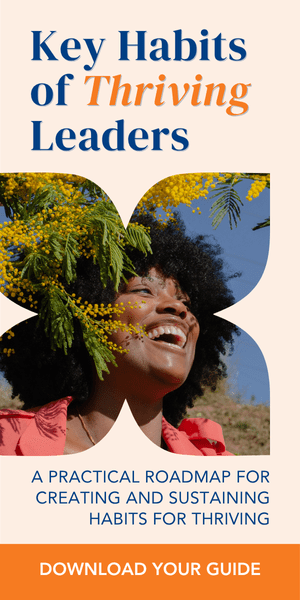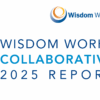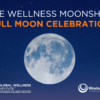[Guest blogger Sheldon Romer is a Wisdom Works Performance Coach who last blogged about inspired vulnerability and the sweaty leader.]
On Labor Day my wife and I became two of 3,500 evacuees from the worst fire in Colorado history. Our home in Boulder Heights was so close to the wildly spreading inferno that ash rained down upon us as we rushed to gather up our belongings that afternoon. We packed the bare essentials—and much more, our car starting to look like something from the Beverly Hillbillies. I moved rather slowly, masking my growing stress. My wife moved quickly, coping in her own way. As we finally drove away, smoke filling the valley, my heart felt torn between fleeing and staying.
We chose to stay in a Holiday Inn Express at the foot of the mountain: far enough to be out of the fire’s reach; close enough to feel like we were poised for action. Numerous friends had offered open-hearted invitations to stay with them, but we were stressed and not wanting to impose. We also felt like we needed a quiet space to ourselves. The gracious motel staff greeted us with small knowing smiles and a special room rate for evacuees.
We headed out that night to a friend’s house for dinner where we were joined by a fellow evacuee and neighbor—though we had never met before. Unlike us, she hadn’t heard of the evacuation in time to race home and gather up any belongings. We sat and ate, connecting through nourishment and common worries—both spoken and unspoken—becoming instantaneous friends.
The motel shortly housed our neighborhood. Some had time to pack; some had only the clothes on their backs. Many were frazzled, some frenzied, some stoic, and some accepting (not many, plus you really didn’t believe them). People were showing all levels of vulnerability; no one was normal.
Soon, our neighborhood became a supportive community. We all listened anxiously to daily briefings. Folks cried on shoulders, loaned clothes, broke bread together, shared stories. People delivered home-baked cookies to strangers. Restaurants served free meals and opened up their bars. We became more responsible for each other. Somehow the unbearable became more bearable.
During some quieter moments, I thought of what mattered and what we truly needed. Nearly everything, I realized, can be replaced, save for our loved ones and friends. Then the announcement came: we were cleared to return home. Almost as quickly, winds shifted and officials ordered a second evacuation that same day. We were more orderly in our packing this time, looking a little less like Boulder Hillbillies as we navigated back down the valley away from our home. It was clear we didn’t need everything we had gathered up the first time. We loved our stuff but it weighed us down.
Finding more quiet time, I thought of my work and clients: how much I love it and appreciate them. New questions flooded through me: What sort of workplace community do they live in? Do they feel the kind of support my community has demonstrated throughout this fire? Can my clients show vulnerability like my neighbors have shown? Do they share meaningful stories? Are they generous in spirit? Do they think a workplace with all these things is even possible? Can leaders actually play a role in creating all this?
Throughout our experience as evacuees, leaders emerged spontaneously in unexpected ways. The officials provided helpful information, clear communication, and genuine compassion. Their very presence and the integrity with which they did their jobs earned our trust quickly. What was unusual was how many different types of leaders stepped up in all the various situations we faced. Some were the quiet, humble type, capable of deferring to others—what Jim Collins characterizes as Level 5 leadership in his wonderful book, Good to Great. Others were take-action types: boisterous, but good listeners with big hearts. In our crisis, there was space for a variety of leadership. Nearly everyone stepped up in their own way, doing their share and more.
At the end of the fire, 169 homes and over 6,000 acres burned. Well over 400 firefighters participated in the containment effort, helping to miraculously save our home and those of our immediate neighbors with no damage. But life is a bit different nowadays: we don’t look at our home, our stuff, or most importantly our friends and neighbors quite the same way.
Lessons learned? Don’t wait for a forest fire to find the spirit of community in your own organization. Connecting with coworkers and recognizing that we all handle stress differently is a simple but critical revelation. Yes, making money is important but having a humane culture will give organizations a vital leg up when the inevitable crisis arises. After shuttling carloads of our stuff up and down that valley twice, we were personally reminded of what I so often tell my clients: the most important resource in any community or organization is its people. Appreciate them each and every day. It doesn’t take a forest fire to learn the value of that lesson.
Photo by maushammer






